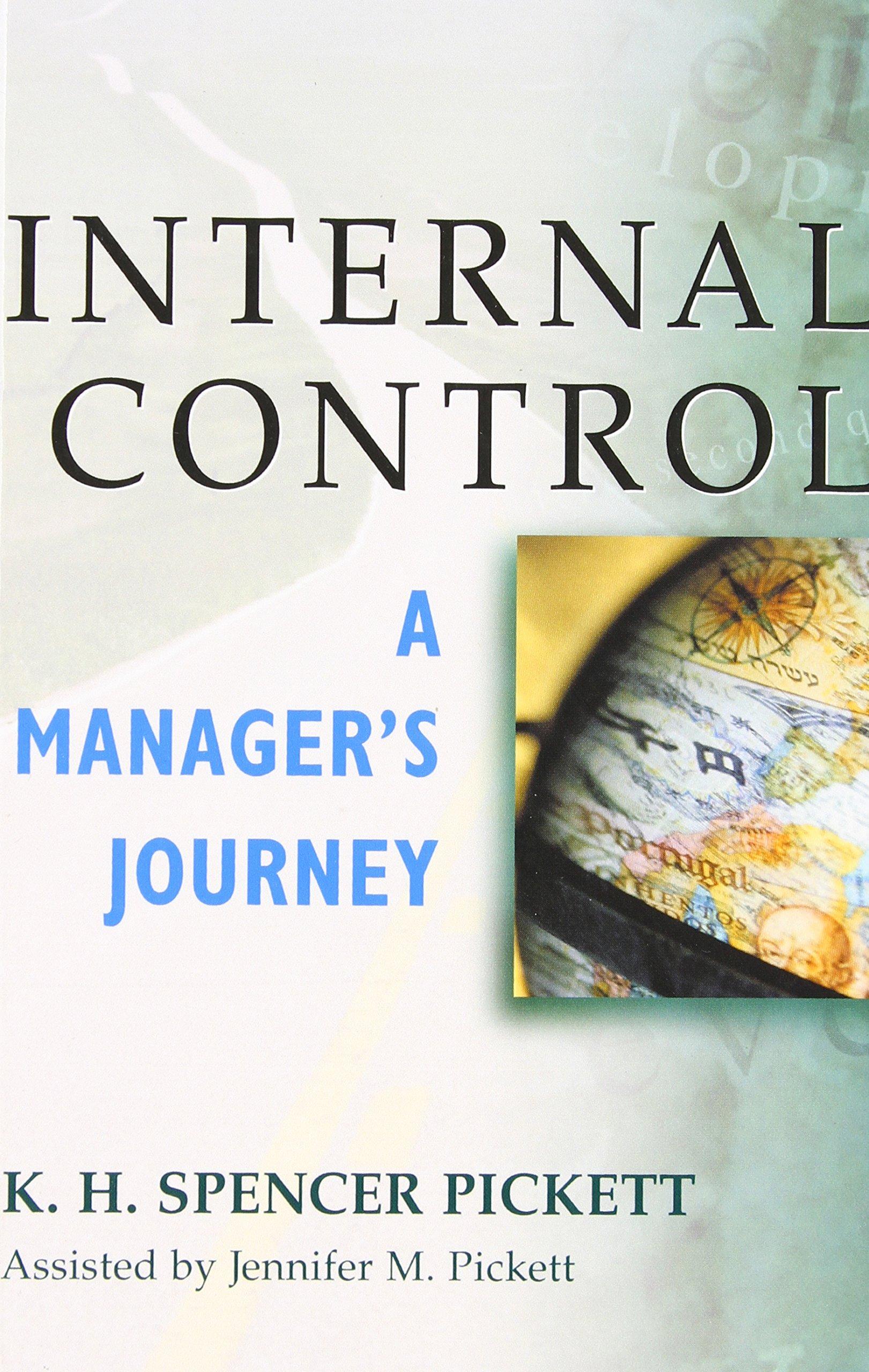Question
ssumptions: The stock of ChadCo is owned equally by two shareholders: SecondCo (a corporation) and Arnold (an individual). ChadCo and SecondCo use the accrual method,
ssumptions: The stock of ChadCo is owned equally by two shareholders: SecondCo (a corporation) and Arnold (an individual). ChadCo and SecondCo use the accrual method, Arnold uses the cash method. All use a calendar taxable year. Assume 1059 does not apply. Use a 34 percent corporate tax rate in this problem. During the current year, ChadCo accrued income and expenses as follows: Gross income from business $500,000 Dividends on AT&T stock (consider 243) 100,000 Interest on municipal bonds ( 103) 100,000 Capital gain 100,000 Total $800,000 Deductible 162(a)(l) business expenses $430,000 Noncapital expenses not deductible under 162(e) 90,000 Capital losses (see 1211(a)) 146,000 Total $666,000 Net $134,000 (1) On December 24 of the preceding year, SecondCo and Arnold incorporated ChadCo and capitalized ChadCo with cash of $100,000 each. On December 31 of that preceding year, SecondCo and Arnold received distributions from ChadCo of $5,000 each; ChadCo did not earn any income for that year. In addition, SecondCo and Arnold received distributions of $5,000 each, in the current year. Which distributions should be gross income to SecondCo and Arnold, in what amounts, and why? What does E&P have to do with this? (2) Alternative: Arnold just bought the ChadCo shares on December 30 of the current year from another shareholder for FMV of $145,000, before the declaration and payment of a $5,000 distribution to Arnold on December 31 of the current year. Should the distribution be taxable income to Arnold? Why? (3) Now assume that SecondCos basis in its ChadCo stock is $100,000 and Arnolds basis in his ChadCo stock is $40,000. On January 2 of the current taxable year, ChadCo distributes $100,000 in cash to SecondCo and $100,000 in cash to Arnold. As of the end of the preceding taxable year, ChadCos accumulated E&P was zero. What are the tax consequences of this distribution to ChadCo, SecondCo, and Arnold? [Hint: First compute ChadCos current-year taxable income and then compute current-year E&P before reducing the E&P for the distribution (interim E&P); after reducing for the distribution, compute final accumulated E&P.] (4) Variation: Assume Arnolds shares were owned by a different shareholder every quarter and $50,000 was distributed ratably to all shareholders quarterly? How much dividend would SecondCo and the holders of Arnolds shares receive? (5) Suppose under the basic facts in (3) above that ChadCo had an accumulated deficit of $100,000 in its E&P account as of December 31 of the preceding taxable year. (6) If, on December 1 of the current year (the declaration date), ChadCos board of directors voted to pay the $200,000 distribution by mailing the checks on December 31 of the current taxable year (the payment date, the identification of which is a practice generally used only by widely held corporations) to shareholders of record on December l5 of the current taxable year (the record date), such checks actually being received by SecondCo and Arnold in the mail on January 2 of the next year? Assume that SecondCo and Arnold are the public and that they are the only shareholders (as in the basic facts). How would your answer to (3) above change? (7) Suppose that SecondCo is an individual and that ChadCo has always been an S corporation. What is ChadCos E&P? How is each shareholders personal income tax return affected for the current year by the tax items of ChadCo? How will ChadCo distribution of $100,000 to each shareholder in the current year affect shareholders?
Step by Step Solution
There are 3 Steps involved in it
Step: 1

Get Instant Access to Expert-Tailored Solutions
See step-by-step solutions with expert insights and AI powered tools for academic success
Step: 2

Step: 3

Ace Your Homework with AI
Get the answers you need in no time with our AI-driven, step-by-step assistance
Get Started


